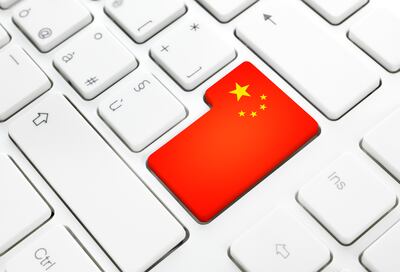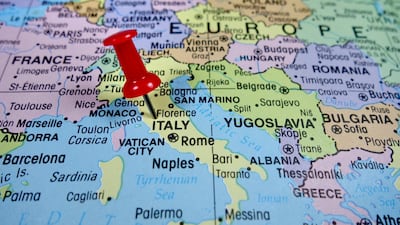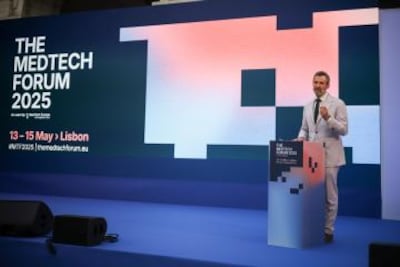It may appear a bit ambitious for Indian firms to leapfrog straight into cell and gene therapy, bypassing many traditional R&D milestones, but there’s been more than a mere trickle of news on plans underway in the segment, albeit much of it early stage.
Pipeline Includes Tocilizumab, Abatacept
Dr Reddy’s highlighted some key pipeline details on the biosimilars front, as it scales up in the area as part of its Horizon 1 strategy.
The company, which had earlier decided to “skip” products with patent expiration up to 2027 since there was little point in being “number four/five/ six” in the market, now has a pipeline of about 12 products.
“We decided to go to the next set of products. The only product that we kept, because it was already robust, was rituximab, which is indeed going to be the first product that we are going to market ourselves in Western markets. We are already marketing this product in many countries by now,” Dr Reddy’s CEO Erez Israeli said at the investor day event.
The company’s rituximab is in advanced stages of completing global safety efficacy trials, with an expected filing for regulated markets by early 2023. Another product, PEG-GCSF, is already approved in Europe and in advanced stages of review with the US FDA, details in the company’s presentation indicated. Both products are partnered with Fresenius Kabi in the US market.
Tocilizumab and abatacept were the other pipeline biosimilars listed and the company expects to add at least two to three more assets every three to four years.
“In addition to that, we are going to undertake two things - the CDMO biologics and second, in Horizon-2 which will be about cell/gene therapy. So, biologics is going to be an area that will be very important for us scientifically, operationally, market and mindset of what patients will need,” Israeli declared.
At its recent investor day event, Dr. Reddy's Laboratories Ltd. indicated that while scaling up the current biosimilars business...







